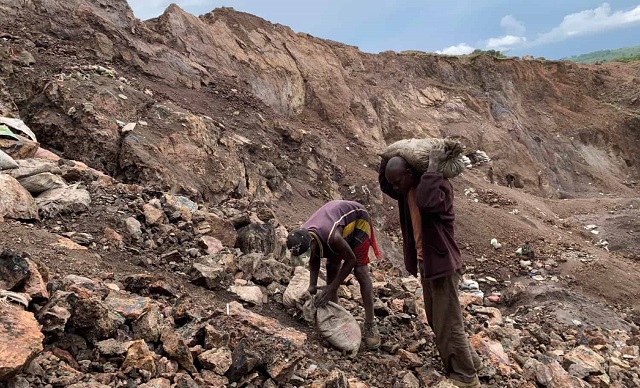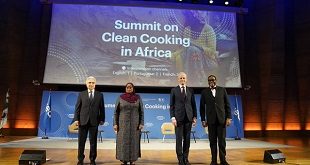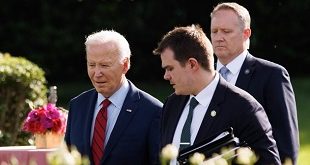
Limiting global warming to 1.5°C, to avert climate change, will depend on sufficient, reliable and affordable supply of critical energy transition minerals
ANALYSIS | RONALD MUSOKE | As the world accelerates its shift towards renewable energy, the demand for critical minerals such as copper, lithium, and cobalt is surging, spotlighting the need for equitable and sustainable practices in the extraction and use of these resources.
As such, Antonio Guterres, the UN Secretary-General has assembled an eminent panel to tackle the emerging challenges around equity, sustainability and human rights across the value chain of the minerals, many of which are extracted from sub-Saharan African countries including Uganda.
Leveraging upon the United Nations’ convening power, Guterres said on April 26 that it is important to bring together a diverse group of governments and other stakeholders across the entire minerals value chain to develop a set of global common and voluntary principles to safeguard environmental and social standards and embed justice, in the energy transition.
The panel, which is co-chaired by Amb. Nozipho Joyce Mxakato-Diseko of South Africa and Ditte Juul Jørgensen, the Director-General for Energy of the European Commission, brings together up to 58 governments, intergovernmental and international organizations, industry and civil society, to develop a set of common and voluntary principles to build trust, guide the transition and accelerate the race to renewables. It seeks to build trust between governments, local communities and industry, by addressing issues relating to equity, transparency, investment, sustainability and human rights.
Critical minerals
According to renewable energy experts, critical energy transition minerals have become essential components in many of today’s rapidly growing clean energy technologies such as wind turbines, solar panels, electric vehicles, and battery storage.
The experts say the demand for these minerals is set to grow by three and a half times by 2030 as the world transitions from fossil fuels to renewable energy in an effort to reduce global carbon dioxide emissions to ‘net zero’ by 2050, in line with international climate targets, according to the International Energy Agency.
The experts add that limiting global warming to 1.5°C, to avert the worst impacts of climate change, will depend on sufficient, reliable and affordable supply of critical energy transition minerals going forward.
However, unless the governance around these minerals is streamlined, there are risks of perpetuating commodity dependence, an issue many experts say could exacerbate geopolitical tensions and environmental and social challenges, including impacts on livelihoods, the environment, health, human security and human rights. All these risk undermining efforts towards the energy transition.
Therefore, as the extraction of these minerals accelerates to match the needs of the energy transition, it is important to ensure that the countries and local communities endowed with these resources are the ones to benefit the most.
“A world powered by renewables is a world hungry for critical minerals. For developing countries, critical minerals are a critical opportunity – to create jobs, diversify economies, and dramatically boost revenues,” said Guterres during the launch of the panel.
“But only if they are managed properly. The race to net zero cannot trample over the poor. The renewables revolution is happening – but we must guide it towards justice.”
Indeed, developing countries with large reserves of critical energy transition minerals have an opportunity to transform and diversify their economies, create green jobs, and foster sustainable local development. However, mineral resource development has not always met this promise.
Amb. Mxakato Diseko noted: “In establishing the Panel, the UN Secretary-General is commendably responding to a normative gap identified by many countries, especially developing countries, related to critical minerals and rare earths required for sustainable development and just transitions.”
“The objective of the Panel, aligned to the 2030 Agenda for Sustainable Development, the United Nations Framework Agreement on Climate Change and its Paris Agreement, is to build trust and certainty towards harnessing the potential of these minerals to be utilized to unlock shared prosperity, leaving no one and no place behind,” she said.
Ditte Juul Jørgensen added that meeting the global energy goals set at COP28 requires a rapid increase in the production and deployment of renewable technologies worldwide, which in turn depends on the availability of critical minerals.
 The Independent Uganda: You get the Truth we Pay the Price
The Independent Uganda: You get the Truth we Pay the Price


